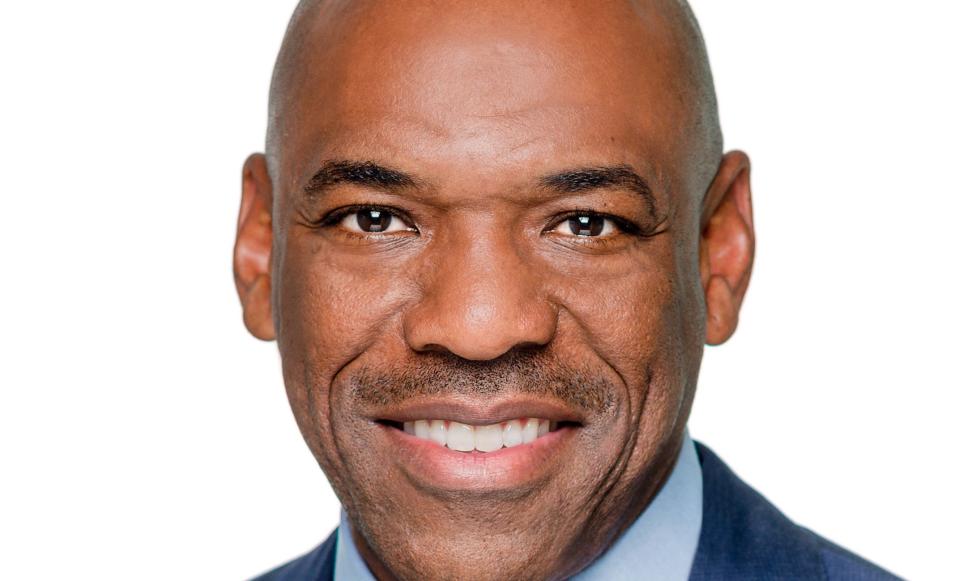Amex exec Anré Williams on the key role diverse leaders play in inspiring others

Anré Williams was awarded fourth place in the EMpower top 100 ethnic minority leaders in the world list this year. The list, released by diversity and inclusion network INvolve, celebrates senior executives of colour who are leading by example and are removing barriers on the pathway to success for ethnic minority employees. View the full list here.
Anré Williams, group president of global merchant and network services at American Express, has a played a part in the financial services company’s diversity and inclusion efforts for more than 25 years.
Williams founded and leads the company’s Executive Black Engagement Network (BEN) and has encouraged Amex to create a variety of networks to cultivate a more inclusive culture. Amex now has 16 employee networks in total, with around 100 chapters globally.
“People of colour, people who are different should realise that when they are in places of leadership that others — whether they ask for it or not — will look up to them,” Williams told Yahoo Finance UK.
“I always believe that if you can’t see things, for some people, they don’t believe they can achieve it,” he said.
“If you’re in, for example, a technology organisation and you’re maybe one of only a few African-American or black leaders that are there, you play an important role about inspiring other engineers and technologists about the impact they can have.”
Williams’ advice for setting up a D&I network
The Executive Black Engagement Network comprises 55 members of American Express’ most senior black executives globally. Williams describes the network’s mission as helping people understand how to be successful within a corporate environment, how to bring along other people, and also helping the company be successful in targeting different audience segments with its products and services.
He advises others looking to set up similar groups within their organisations to lay out a clear charter to establish the purpose of the network and what it is trying to achieve. Williams also recommends seeking out sponsorship and human resources support and believes senior leaders organisations should encourage networks.
“From a corporate standpoint in a company, sometimes they are concerned about ... the mission that you’re trying to accomplish and why you want to gather employees. Some companies are very fearful of having networks so I think it’s important to be clear,” Williams said.
He also advises the founders of the network to make clear, where possible, how it can help the business. A women’s network, for example, may set out its aim to recruit and develop more female leaders to the business. (Williams is also a supporter of Amex’s Women’s Interest Network, which offers development, support and mentoring.)
Diversity, Williams said, “sparks creativity, innovation. It creates inclusive environments where people want to be a part of the teams. It maximises everyone’s performance. It offers a wide array of perspectives and insights and opinions that are important for organisations” to succeed.
Williams’ commitment to diversity also extends outside his role at Amex. Williams and his wife created a Stanford University scholarship that will be given for its sixth consecutive year in 2019 for underprivileged minority students.
As for his own role models, Williams says he most admires people who have strong values, stick to their principles, and effect change, such as the late boxer and activist Muhammad Ali. “He took a strong position about things that were important to him and he wasn’t willing to compromise,” Williams said.

 Yahoo Sport
Yahoo Sport 





































